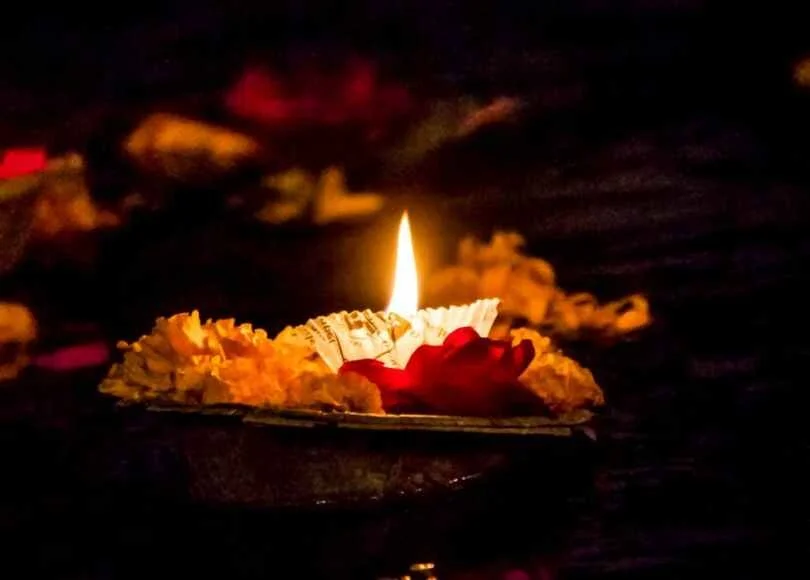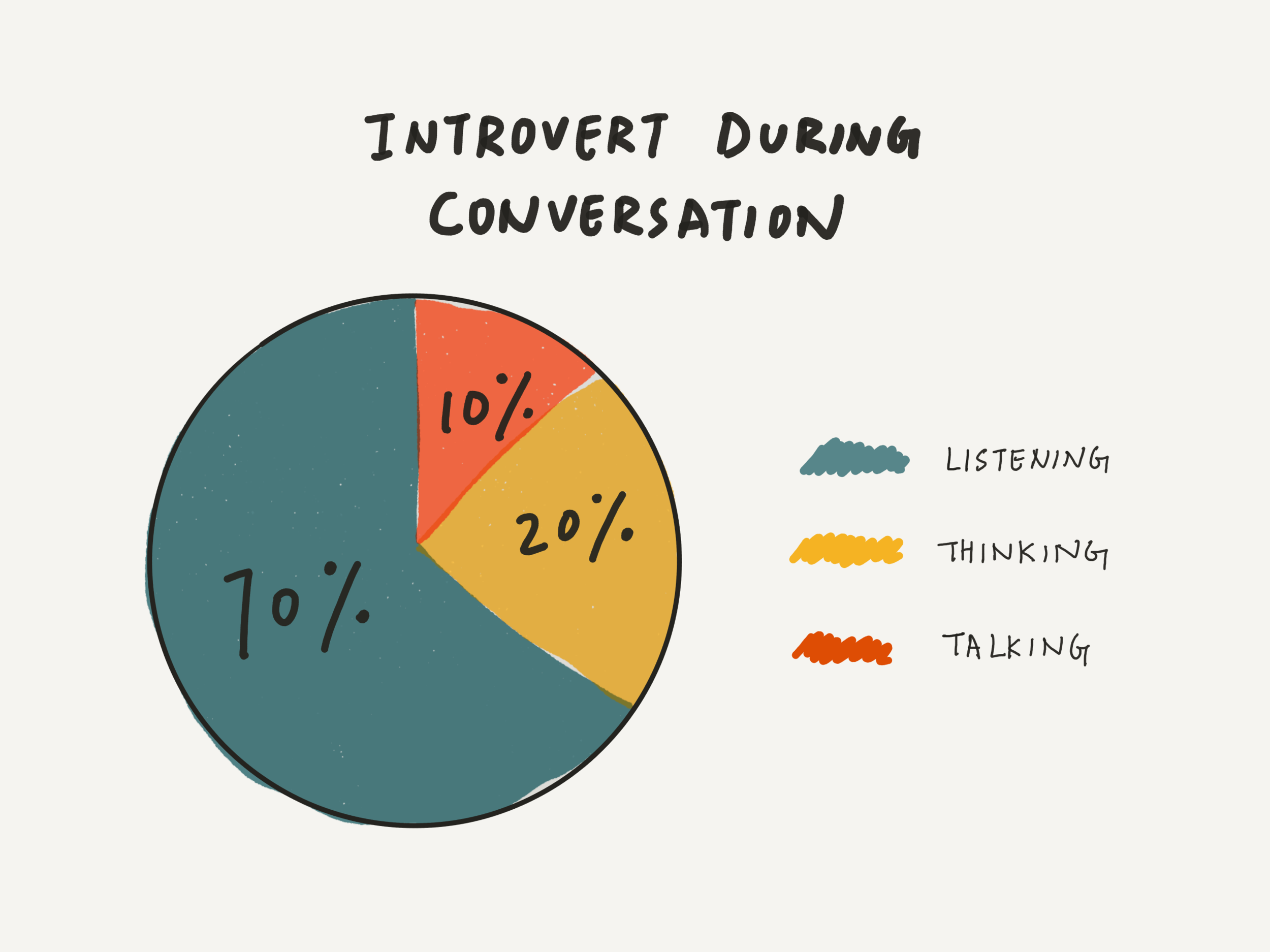This blog can definitely veer into mystical or weird, which I hope some of you find interesting. But today I would like to focus on a practical thing you can do daily every day. I don’t know what your morning routine is like. Maybe you have children and most of your morning is filled with activity, and you don’t really have a second to breathe. Or maybe you’re a later riser, and you stumble out of bed right into the workday. That can be a taxing way to live. Living this way means to enter the day without any reflection. And before you know it, the days, months, and years pass, and you haven’t done much reflection at all about your life.
Bodhicitta in the Time of Asian Hate
I recently published my first piece for Tricycle magazine. To be honest, it's been nerve-wracking as hell to have it out in the world! I worked at the San Jose Mercury News right out of college and wrote mostly high school sports stories for a few years, and I remember feeling lots of anxiety when those articles were published. Having this piece out there was a different level of anxiety, mostly because the piece is so naked and vulnerable. It's hard enough to have your heart open, living with a spirit of bodhicitta moment-to-moment, day-to-day. It feels even harder to have your heart this out in the open to thousands of strangers reading your piece.
It is far from a perfect piece of writing. I haven't read the piece since it was published because strangely enough when I read things I have authored, it is hard to even believe it was I who wrote it. Buddhism has a lot to say about anatta or non-self as I've written elsewhere. It's never quite been as clear to me what non-self means in practice as in writing this piece. This piece isn't "me." It speaks to dependent origination, one of the key teachings of the Pali text. The piece was written by some version of my consciousness at a particular moment when I was dealing with certain feelings and fears. And now that moment of consciousness has passed, and the piece is no longer "me."
Why Self- Acceptance and Letting Go Are Essential for Happiness
Our brains are excellent at keeping us alive. They keep all the functions of your body going and running harmoniously. They will tell you when you’re hungry, thirsty or if you need to go to the bathroom. They will alert you to dangers real or imagined.
But our brains are awful at making us happy. Let’s take the act of thinking. As a species, we tend to believe in the validity of our thoughts. After all, you’ve never been given any reason to think otherwise.
3 Ways to Face Impermanence, Loss and Death
You will die. That much is certain. It is only a question of when. And between your death and now, you will suffer much loss as well. It may be the end of a relationship or the death of a pet. It may be the loss of a job or something internal and more abstract like the loss of innocence. But it will happen to you just like it happens to everyone. And there is nothing you can do to stop it.
In Buddhism, loss is understood as a part of existence. Impermanence, one of the three marks of Buddhist teaching, is simple enough to understand: everything changes. This presents a problem psychologically for human beings. Human beings crave permanence and security but life is in constant flux. How are we expected to find peace when everything feels precarious and unstable? There are no easy answers here. If there were, people would generally be a lot happier and less anxious. In my experience as a psychotherapist, however, people are a lot more unhappy.
Coming To Terms With Being An Introvert: A Journey From Shame To Acceptance
I didn’t realize this until recently but my childhood was more painful than I thought. Not because it was particularly traumatic-- it was not. I had two loving, flawed parents, who loved me the best they could and allowed me to search out my path in the world with lots of support and kindness. No, my childhood was painful because I wasn’t my younger brother.
My brother was an extrovert. But not just your run-of-the-mill extrovert. He was a life-of-the-party, makes-everyone-laugh extrovert. My brother was just magnetic from a young age. People were drawn to him and loved him. He always had a lot of friends. Girls seemed to swarm to him in a way they never did for me. He was always the center of attention.
You Are Not A Narrative
Human beings are narrative creatures. As Yuval Noah Harai and others have noted, most of our basic institutions are based on some of collective fiction that would fall apart if examined too closely. This goes for things like nationalism or the idea of a nation state or even the concept of money and value. (For example, money is almost entirely imaginary at this point. 90% of is just computers sending back amounts from account to account that doesn’t really exist in any tangible way).
But humans are also narrative creatures in the sense that we view our own lives as stories with a beginning, middle and end. It’s the reason our novels and movies follow this basic format. It’s a trick of memory. Narratives are how we make sense of immeasurably complicated world. Without narratives, I think most of us would lose a sense of identity.








